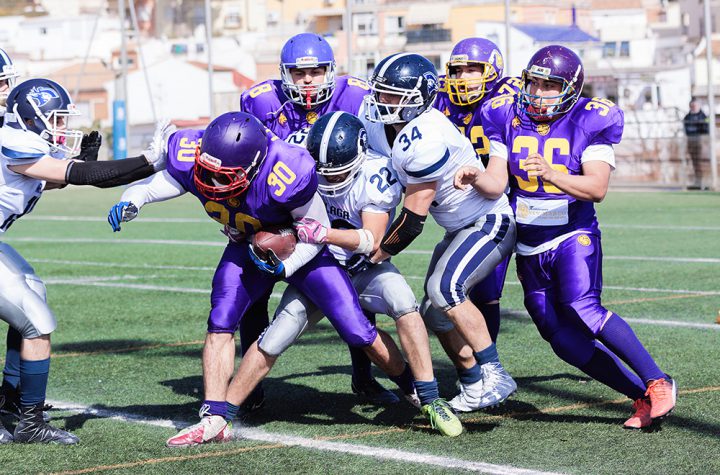
52 with 43 posters participating
Apple owes the California Institute of Technology $837 million for selling devices with patent-infringing Wi-Fi chips, a Los Angeles federal jury ruled on Wednesday. Broadcom, which sold the chips to Apple, owes Caltech another $270 million.
The nine-person jury in the US District Court for the Central District of California reached its verdict after a two-week trial, the Los Angeles Times and Law360 report. Apple and Broadcom plan to appeal the decision.
The patents claim irregular repeat-accumulate codes, a mathematical technique for encoding data that allows it to be reconstructed if some bits are scrambled during transmission. Error-correcting codes have been used in communications networks for decades, but IRA codes offered a better tradeoff between robustness and decoding time than previous techniques. Researchers at Caltech published a paper about the technique in 2000 and filed severalpatentapplications around the same time.
IRA codes were introduced to the Wi-Fi standard with the adoption of 802.11n in 2009. Millions of Broadcom chipsand Apple devices containing those chipshave incorporated the algorithms since then. The devices at issue include iPhones, iPads, and MacBooks.
Neither Apple nor Broadcom licensed Caltech’s patents, and Caltech argued the companies owed hundreds of millions of dollars as a result. The defendants, however, argued that Caltech’s patents shouldn’t have been granted in the first place. They pointed out that other researchers developed and published similar error-correcting codes in the late 1990s and argued that Caltech’s algorithms were obvious extensions of that prior work.
But those arguments didn’t persuade the patent judges who heard them. The Patent Trial and Appeal Board, part of the US Patent Office, rejected Apple’s efforts to invalidate the patents as obvious. The US Court of Appeals for the Federal Circuit upheld that decision last November.
During the trial, Broadcom and Apple argued that its implementation of error-correcting codes wasn’t covered by Caltech’s patents.
“There’s not a shred of evidence showing that Broadcom said, ‘Let’s use Caltech’s invention,'” a defense lawyer argued earlier this month. “That just never happened. The first time that Broadcom heard about these patents was when the lawsuit was filed.”
But accidental patent infringement is still infringement. And the jury determined that Broadcom’s implementation was covered by Caltech patents.





More Stories
After a cluster of new COVID-19 cases among the White House staff and a campaign offical, the election night watch party in the White House has become another symbol of U.S. President Donald Trump’s cavalier attitude toward a virus that is ripping across the …
Rob Lucas says the SA economy is forecast to go backwards by 0.75pc in 2020-21, a better outcome than a national economy forecast to shrink 1.5pc.
Labor and crossbench senators want changes to JobMaker, arguing too many workers will be excluded from the hiring credit scheme.